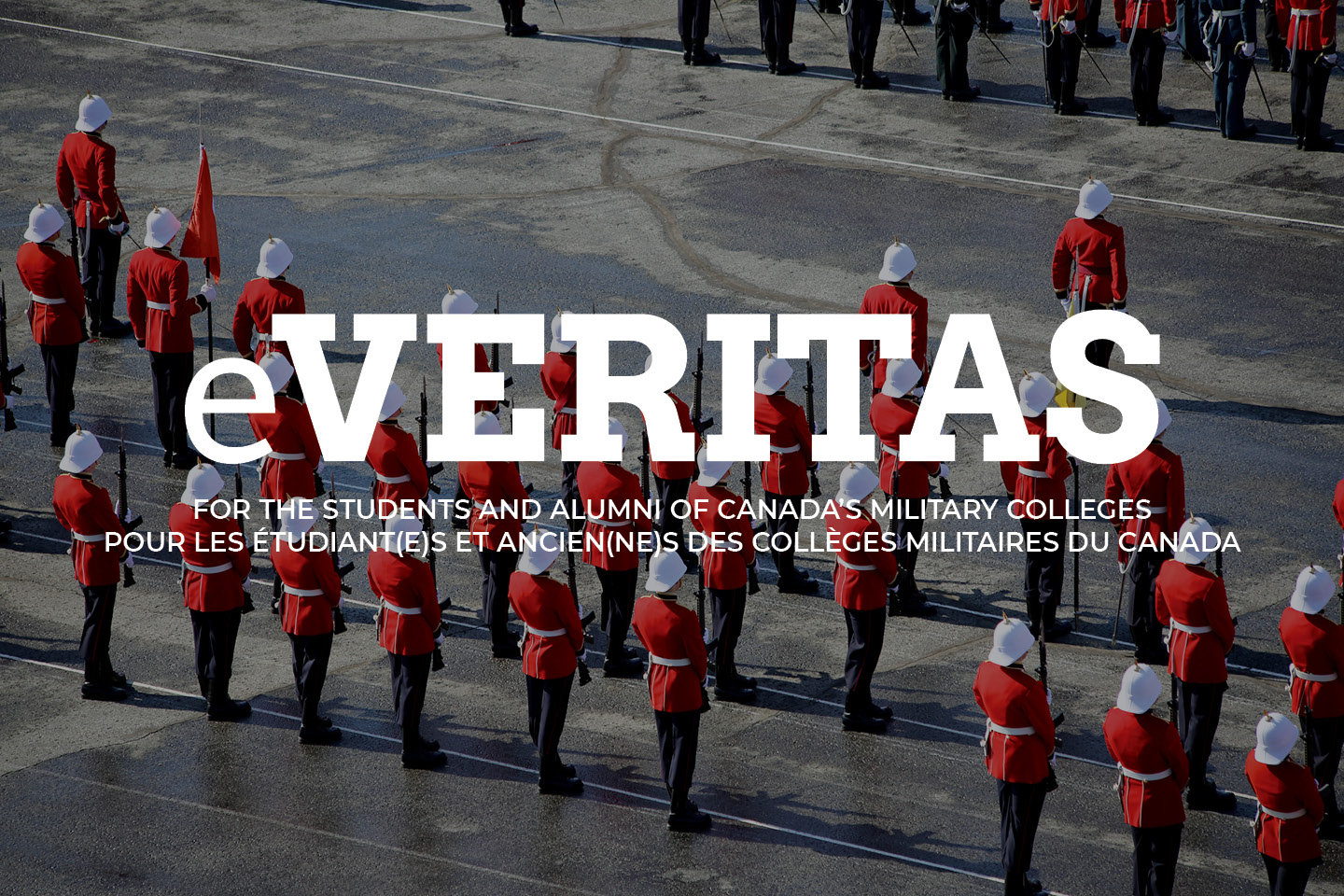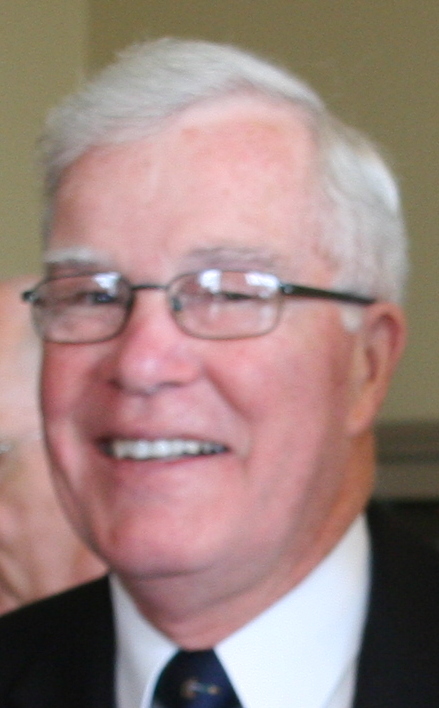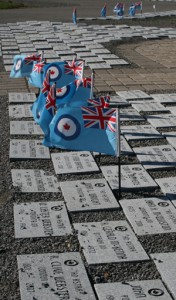

As 2014 marks the 70th anniversary of the founding of these squadrons he has, with the support of the museum, squadrons and their associations, undertaken a memorial project.
***

As 2014 marks the 70th anniversary of the founding of the RCAF’s first three squadrons dedicated to air transport operations, we are presented the opportunity to recognize some of these forgotten casualties while at the same time furthering the museum’s capacity to fulfill its mission of telling the RCAF’s story.
xxx
****
By the late summer of 1944 the allied invasion forces were established on the European continent, while in South East Asia (SEA) General Slim’s 14th Army was advancing to retake Burma from the Japanese occupiers. Both of these situations called for more air transport capability, particularly in Burma where road and rail systems were almost non-existent. In response, Canada agreed to provide three transport squadrons: 435 (“Chinthe”) and 436 (“Elephant”) Squadrons, formed at Gujarat, India in November; and 437 (“Husky”) Squadron, formed at Blakehill Farm, England in September. All were equipped with C-47 “Dakota” aircraft.
Ironically, advice from senior staff in Ottawa was that aircrew should be drawn from ex-operational crews, especially from Bomber Command “…to reward air crew for completing an operationally dangerous tour.” (From Robert Farquharson’s “For Your Tomorrow, Canadians and the Burma Campaign”, p. 210) Apparently flying unarmed, unarmoured and often unescorted aircraft into areas susceptible to enemy air and ground fire was viewed with complacency from an armchair. Those in SEA had also to deal with prevalent tropical diseases and venomous snakes, and to operate in the sometimes lethal conditions of violent monsoon rains over mountainous terrain.
Within days of its formation, 437 Squadron participated in Operation Market Garden (on which was based the movie “A Bridge Too Far”), near Arnhem, Netherlands. Having seen their first action on 17 September, four days later ten squadron aircraft took off to resupply the embattled army, with only five returning. The other five were brought down by German fighters, flak and ground-fire, with three of the crews suffering a total of eight fatalities, others having successfully bailed out. Of the two crews who crash landed, one suffered only minor injuries while the other crew of four became POWs. Similarly, on 12 January 1945, 435 Squadron despatched five aircraft of which two were shot down and one badly damaged, with six killed and five wounded. Such percentage losses are comparable to the worst of bomber and fighter single-mission losses.
Ad Astra stones will be purchased for the 51 squadron casualties listed in our Parliament’s Second World War Book of Remembrance as well as the one RNZAF and two RAF personnel who died while serving with these squadrons
If you contribute towards the purchase of Ad Astra stones for these casualties, the stones will be dedicated on 27 September at the annual ceremony; you will receive a charitable receipt and your name will be entered in the Donor’s Book on display in the museum; and, the museum will be further enabled to continue its telling of the RCAF story.
Donations should be by check payable to the NAFMC with the notation “435/6/7 Anniversary Trust” and may be mailed to: National Air Force Museum of Canada, 220 RCAF Rd., PO Box 1000, 8Wing/CFB Trenton, Astra, ON, K0K 3WO. Alternatively, you may call the museum at 613-965-7223 (or toll free at 1-866-701-7223 ) and make a donation by credit card, being sure to state that it is for the Anniversary Trust.

